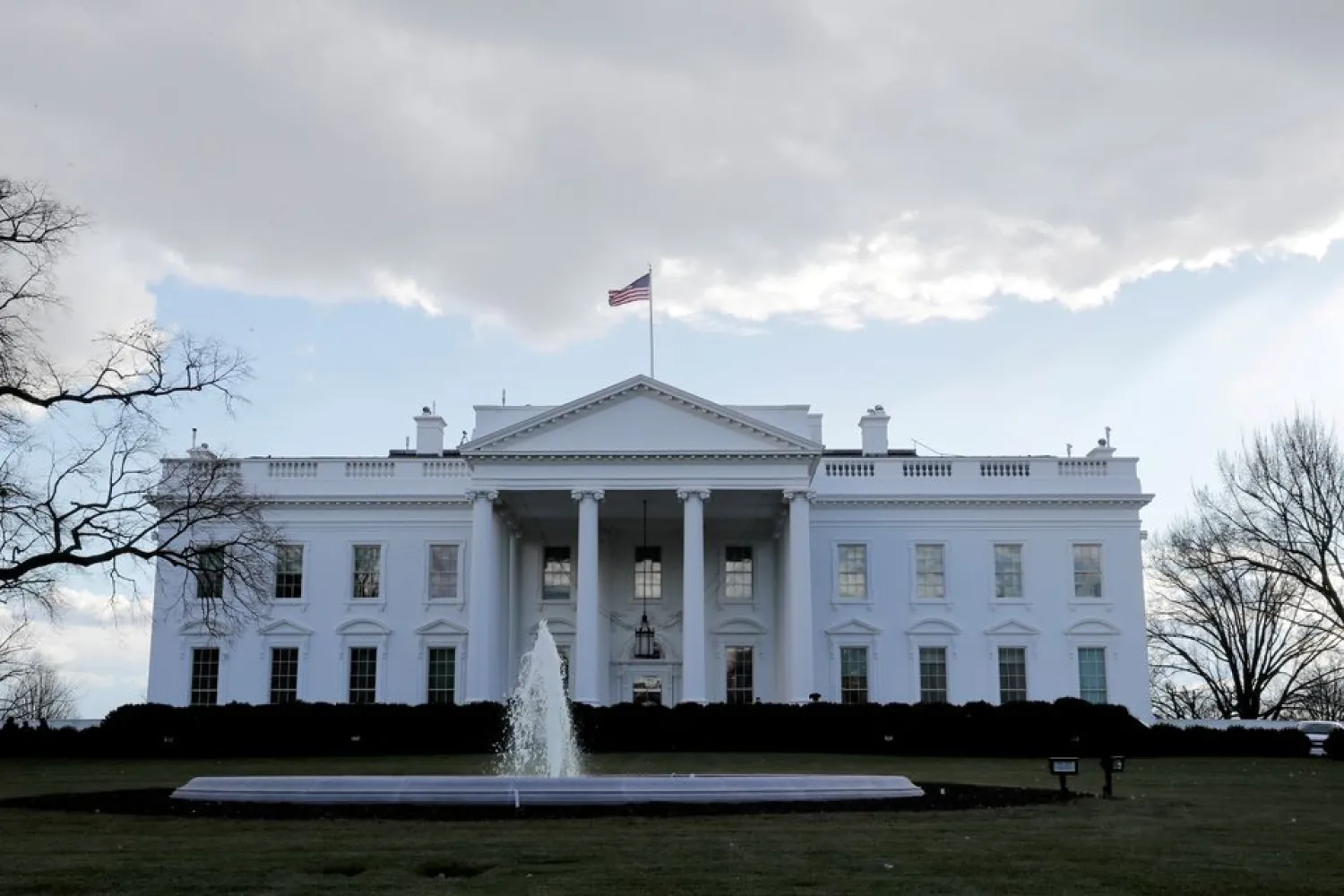Türkiye has accused the US of establishing a "terrorist state" on its border with Syria, referring to its support to the Kurdish People's Defense Units (YPG), which is the largest component of the Syrian Democratic Forces (SDF), Washington's ally in the war against ISIS.
Turkish Interior Minister Suleyman Soylu said the US was forming a "terrorist state" near the border, stressing that the risk of establishing such a state remains as long as Washington was actively involved in the region.
Soylu said during a televised interview that after the events in Gezi Park when protests in Istanbul in 2013 turned into violent clashes with the police, Türkiye has been facing the biggest wave of migrants, “which may have different costs.”
On Saturday, Turkish Defense Minister Hulusi Akar confirmed that the army continued to combat terrorism in northern Syria and Iraq and managed to eliminate over the past four days 21 "terrorists" there.
Akar stressed that the Turkish army would continue relentlessly to protect the country's borders and combat terrorism.
Meanwhile, residents of the Rawya and al-Aziza villages in northwest of al-Hasakah protested against the Turkish army's digging of trenches in agricultural lands 300 meters away from the Turkish border.
The land is owned by the residents of the two villages, occupied by the Turkish forces and factions of the Syrian National Army (SNA).
Angry demonstrators attacked Turkish vehicles and threw stones at them to prevent the completion of the digging process.
The Turkish forces asked the leaders of the "Ahrar al-Sharqiya" and the "Sultan Murad" factions to distance the residents from the area, according to the Syrian Observatory for Human Rights (SOHR).
The Turkish forces established a military base on the site of a former US military base in the region during the military operation Peace Spring in 2019.
Ankara is currently working to establish a military zone, which civilians and property owners are prohibited from entering without permission, at a depth of 300 meters.
The Syrian interim government issued on April 14 a circular to all SNA units and formations about the military zone, claiming it was to preserve the public interest and increase security and stability in Operation Peace Spring areas.
The document noted that maintaining security was within the restricted military zone, which is the responsibility of the army police only. Farmers who want to check on their lands within their area are granted a special entry permit to this region by the local and concerned councils.
Numan Kurtulmus, deputy chairman of the Justice and Development Party (AKP), said that his country would work in the coming period on establishing safe zones in the north of Syria to guarantee a quick return of Syrian refugees to their country.
Kurtulmus added during a gathering for the AKP supporters in Istanbul on Tuesday that the reason behind the Syrians coming to the country wasn’t to look for a better living standard but to escape the ongoing war in Syria.
The Turkish official stressed that there are current diplomatic talks to ensure a safe return of the Syrians and there are efforts to establish safe zones.
The main reason behind the Turkish operations on the borders with Syria is to establish safe zones, the official added.









